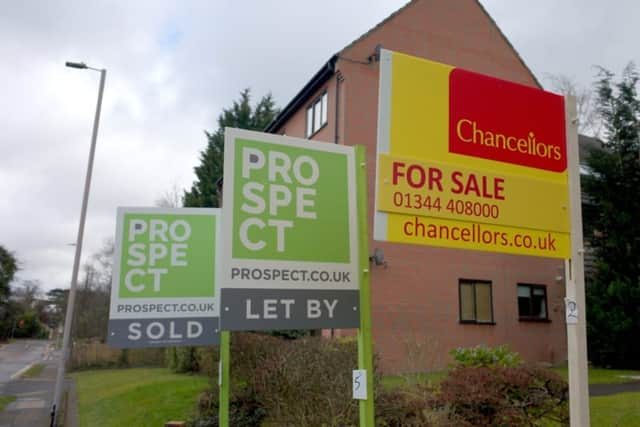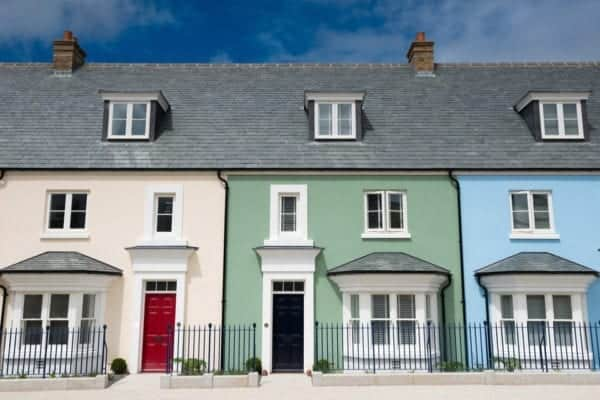A third of British young people will never be able to buy a home
and live on Freeview channel 276
New research has revealed that one in three young people will live in rented accommodation for their whole lives.
The report (released by independent think tank the Resolution Foundation) found that 40 per cent of people born between 1980 and 1996 were living in rented housing by the age of 30.
Advertisement
Hide AdAdvertisement
Hide AdIn contrast to this, only 20 per cent of the previous generation (born between 1965 and 1980) found themselves in the same situation.


Families with children are worst affected
Around 1.8 million families with children currently rent their homes, compared to 600,000 just 15 years ago, the study disclosed.
There have been calls for more affordable homes for first-time buyers to combat the current housing crisis (Photo: Shutterstock)
These figures have prompted calls for more affordable homes for first-time buyers to be built, as well as better protection for those who rent.


Advertisement
Hide AdAdvertisement
Hide AdAccording to the government, policies to improve the housing market are already being put in place.
Handling the housing crisis
Accountancy firm PwC predicts that should the price of owning a home continues to rise, 7.2 million households will be in rented accommodation by 2025, compared with 5.4 million now and 2.3 million in 2001.
To combat this, Resolution Foundation's report recommends changes that will discourage the ownership of multiple homes and reward those who only own one property.


It also calls for new policies to limit rent increases to the rate of inflation over a three-year period.
Homeownership rates plummet every decade
Advertisement
Hide AdAdvertisement
Hide AdThanks to rising house prices and high living costs, it comes as no surprise that young people are struggling to purchase property, but the statistics are eye opening.
At the age of 27, those born in the late 1980s had a homeownership rate of 25 per cent.


House prices are rising, but wages are not (Photo: Shutterstock)
Just five years earlier (in the early 1980s), 33 per cent owned property, and 43 per cent were in a position to purchase a home in the late 1970s.
House prices go up - but wages stay the same
Advertisement
Hide AdAdvertisement
Hide AdA sharp rise in house prices relative to incomes is the key cause for this change in house-buying habits.
Taking inflation into account, mean house prices were 152 per cent higher in 2015 and 2016 than in 1995 and 1996.
By contrast, the real net household incomes of those aged 25 to 34 increased by only 22 per cent over the same period.